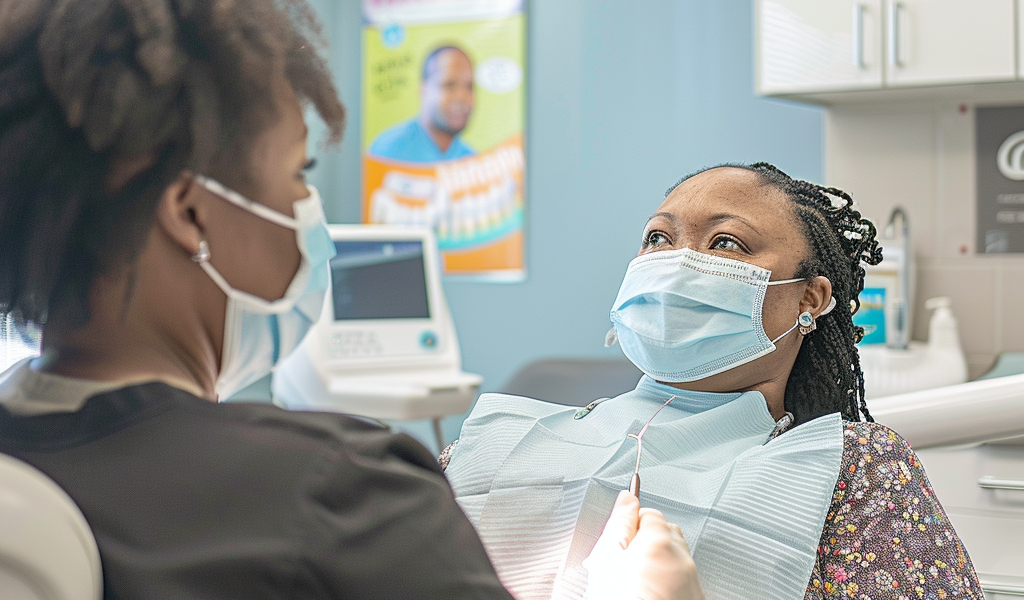Dental hygiene has emerged as one of the most rapidly growing professions in the United States, reflecting a broader understanding of the pivotal role oral health plays in overall well-being. As part of National Dental Hygiene Month celebrated each October, Keeley Flavin, a clinical associate professor at the University of Minnesota’s School of Dentistry, sheds light on the evolving significance of dental hygiene in modern healthcare.
Understanding the Role of Dental Hygienists
Dental hygienists are not just providers of routine cleanings; they are highly trained professionals who contribute significantly to the oral health of their patients. Flavin describes dental hygienists as “prevention specialists” who are equipped to manage complex medical and dental needs. Their training enables them to recognize early signs of disease, formulate personalized treatment plans, and educate patients about various oral health conditions.
Moreover, dental hygienists play a crucial role in identifying life-threatening conditions. They are trained to conduct screenings for oral cancer, HPV, HIV, and cardiovascular diseases, effectively acting as frontline health care providers. In Minnesota, these professionals are also authorized to administer local anesthesia and nitrous oxide-oxygen sedation, and many choose to obtain certification in placing dental restorations. Additionally, they provide counseling on tobacco cessation, nutrition, and immunizations to prevent serious oral health issues.
The Connection Between Oral Health and Overall Well-Being
Recent research has underscored the strong link between oral health and systemic health. Flavin emphasizes that the bacteria present in the mouth can be associated with various systemic diseases, including cardiovascular issues, strokes, and even Alzheimer’s disease. During routine check-ups, dental hygienists are vigilant in screening for early signs of these conditions, educating patients about the connection between their oral health and overall health.
When dental hygienists identify concerning findings during health screenings, they have the capability to refer patients to appropriate healthcare providers, ensuring that patients receive comprehensive care that addresses both oral and systemic health needs.
Interprofessional Collaboration in Dental Hygiene
The role of dental hygienists extends beyond the dental clinic, as they often collaborate with various healthcare professionals to provide holistic care. Flavin notes that dental hygienists frequently communicate with a patient’s medical doctor or surgeon to confirm safe treatment protocols. They may also work alongside pharmacists to manage complex medication regimens or consult with nutritionists and dietitians to address dietary concerns that impact oral health.
This interprofessional collaboration is vital in creating a comprehensive care plan that takes into account the multifaceted nature of health. By working together, healthcare providers can ensure that patients receive well-rounded care that addresses all aspects of their health.
Education and Advocacy in Dental Hygiene
Education is a cornerstone of the dental hygiene profession. Dental hygienists not only provide direct patient care but also play a significant role in advocating for oral health awareness within communities. They educate patients about the importance of maintaining good oral hygiene practices, the impact of diet on oral health, and the significance of regular dental visits.
Through community outreach programs, dental hygienists strive to improve public understanding of oral health issues and promote preventive measures that can lead to better health outcomes. Their efforts contribute to a more informed public that values oral health as an integral part of overall wellness.
The Future of Dental Hygiene
The field of dental hygiene is continually evolving, adapting to new research and emerging health trends. As the profession grows, dental hygienists are increasingly recognized as essential members of healthcare teams. Their expertise in the connection between oral health and systemic health positions them as key players in preventive care and patient education.
With advancements in technology and an increasing emphasis on interprofessional collaboration, the future of dental hygiene promises to enhance the quality of care provided to patients. As healthcare continues to evolve, the role of dental hygienists will likely expand, solidifying their status as vital contributors to the health and well-being of individuals and communities.





